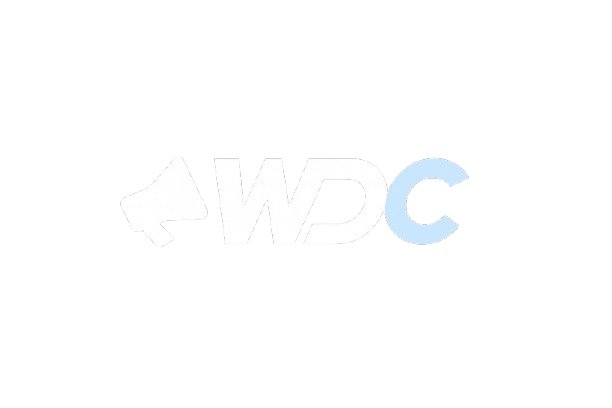The landscape of search engine optimization (SEO) has always been dynamic, adapting to new technologies and user behaviors. In 2025, artificial intelligence (AI) is revolutionizing the SEO sector, reshaping how businesses approach search rankings, content creation, and user engagement. Here’s a closer look at how SEO and AI are intertwining to create a new era of digital marketing.
The Role of AI in SEO
1. Advanced Search Algorithms
Search engines like Google have integrated AI to refine their algorithms, prioritizing user intent and content quality. AI-driven updates ensure search results are more accurate, personalized, and relevant, forcing SEO strategies to focus on value-driven content rather than keyword stuffing.
2. Enhanced Keyword Research
AI tools enable precise keyword research by analyzing large datasets to identify trends and user queries. They provide insights into long-tail keywords, voice search preferences, and location-based searches, allowing businesses to create highly targeted content.
3. Voice Search Optimization
With the rise of smart devices, voice search is becoming increasingly prevalent. AI-powered voice recognition systems like Siri, Alexa, and Google Assistant are influencing SEO by emphasizing natural language processing (NLP). Websites optimized for conversational queries and structured data are better positioned to capture this traffic.
4. Automated Content Creation
AI-driven tools like ChatGPT and Jasper AI are transforming content creation by generating high-quality articles, product descriptions, and meta tags. While human creativity remains essential, AI streamlines repetitive tasks, enabling marketers to focus on strategy and innovation.
Key Changes in the SEO Sector
1. User Experience (UX) as a Priority
AI analyzes user behavior to determine how visitors interact with websites. Metrics like bounce rate, time on site, and click-through rate are increasingly important for rankings. As a result, businesses must prioritize seamless navigation, fast loading times, and mobile-friendly designs.
2. Predictive Analytics
AI tools use predictive analytics to anticipate user needs and trends. By understanding what users are likely to search for, businesses can stay ahead of the curve, creating proactive SEO strategies that align with evolving consumer behaviors.
3. Visual and Video Search
The integration of AI in image and video recognition is changing how users search for content. Platforms like Google Lens allow users to perform searches using visuals. Optimizing images and videos with alt text, tags, and structured data is crucial for staying competitive.
4. Real-Time Data Analysis
AI enables real-time tracking of SEO performance, providing actionable insights into campaign effectiveness. Businesses can quickly adapt to changing trends, competitor strategies, and algorithm updates, ensuring their SEO efforts remain effective.
Challenges and Opportunities
While AI offers numerous advantages, it also presents challenges. The reliance on AI-driven automation risks reducing the human touch in content and strategy. Additionally, keeping up with rapidly evolving AI tools requires continuous learning and adaptation.
However, the opportunities far outweigh the challenges. Businesses that embrace AI-driven SEO can achieve greater efficiency, improved targeting, and enhanced user satisfaction. AI empowers small businesses to compete with larger players by leveling the playing field in terms of data analysis and content generation.
Conclusion
In 2025, the fusion of SEO and AI is reshaping digital marketing. By leveraging AI technologies, businesses can optimize their online presence, anticipate user needs, and deliver exceptional experiences. The future of SEO lies in embracing innovation, balancing automation with human creativity, and staying agile in an ever-changing digital landscape. Those who adapt to these changes will thrive, setting the stage for sustained success in the years to come.

